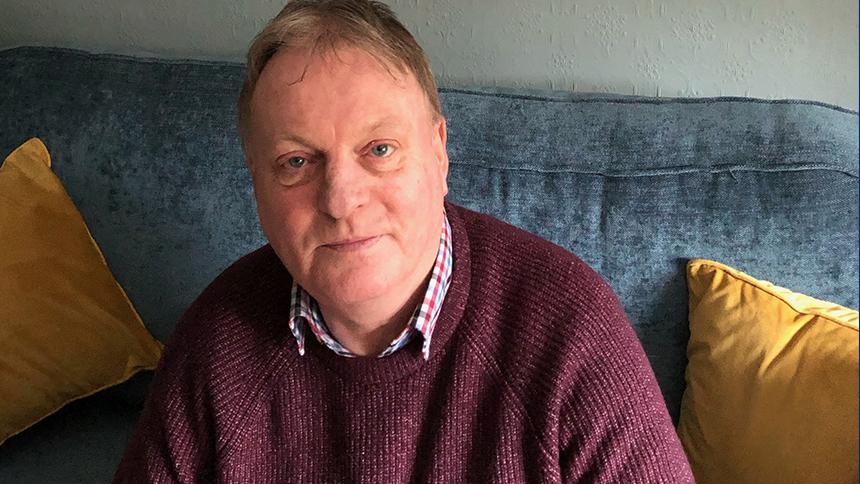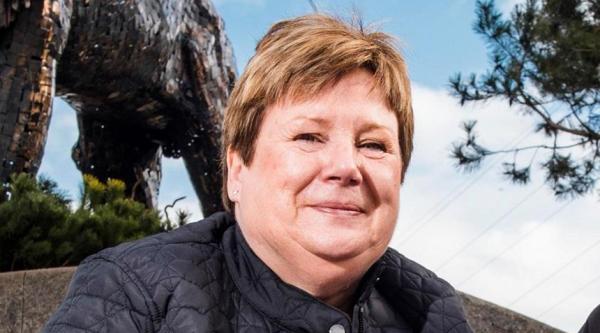People with dementia deserve better health care
Paul Monaghan in Omagh says more needs to be done to improve the health system for people with dementia.
In Northern Ireland, we have no executive at the minute so we really have no health minister in place.
But prior to that, during Covid, I and others had been speaking to the minister. He was going to put a lot of things in hospitals in place that we had put forward to him.
Things like quiet rooms and being seen quickly if you have dementia so you’re not waiting around. But that hasn’t taken place.
When we do get a health minister, we’ll be in touch right away to pick up where the last one left off.
Better facilities
A lot of the new hospitals that they’re building have a swivel door. People with dementia can get confused with these – I’ve watched people banging and banging into them.
My legs aren’t that good and, when I come in for an appointment, you always seem to be sent to the farthest end of the hospital!
By the time you get there, you’re out of breath and you’re that sore you want to get back out again.

Paul lives with young-onset dementia in Omagh.
I don’t mind using a wheelchair, though sometimes the wheeled chairs in hospital are awkward to use.
There should be quiet rooms in all hospitals – there’s only one in Northern Ireland that I know of.
When you go to reception and you explain you need a quiet room, they send you to it and you don’t have to leave until somebody comes in to bring you to where your appointment is.
I only knew about it because the receptionist was on the ball and offered it to me.
Real understanding
I think a lot of nurses and doctors are not really trained and experienced enough on dementia – in hospitals and in other settings too.
They need people with dementia to come in and explain things to them.
We’ve been talking to nursing students at Queen’s University Belfast. We’ve done a couple of courses with them, and I think they’ve got their eyes opened to dementia because of it. That’s what needs to be going on more in the universities.
I’ve been diagnosed six years, and not once did my doctor ever say, ‘Paul, how are you coping?’ or ‘How are you feeling?’ I’m not looking for pity, but you like to be asked how you’re doing.
When I got my diagnosis, the doctor didn’t really speak to me. He more or less just spoke to my wife as if I wasn’t there.
More time
I’ve been in for assessments that have been rushed through.
But when I went in once they took three-quarters of an hour, and do you know what? I did better on that test than I had before because it was more relaxed.
Most of the time you’re rushed in and rushed out. You don’t get the opportunity to ask questions.
That bit of extra time with a patient means a lot.
Campaign with us
Help us challenge and change the issues faced by people affected by dementia.


